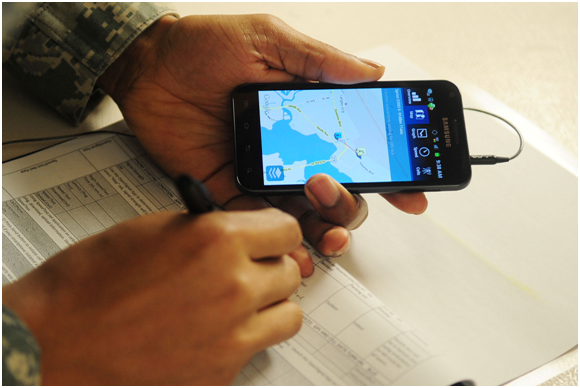Smartphones were once a niche product; however, in the past decade they have become ubiquitous, used by billions of people around the world. This makes them a prime target for cybercrime, so what does the future hold for mobile security in the age of multi-functional handsets?

The risks
The evidence of smartphones being a weak link in terms of security is mounting. Researchers have repeatedly shown that devices are vulnerable to a range of different attacks, whether via malicious apps or network-based breaches.
This state of affairs is especially problematic due to the sheer volume of sensitive data that users commit to their portable devices. If security is compromised, identity theft and fraud can soon follow with unsettling ease.
The obstacles
The need to offer enhance smartphone security is well known; however, there are a number of hurdles to overcome when implementing increased protection. In short, security can create issues of its own, making it harder for colleagues to collaborate and for businesses to work with one another.

With the availability of application whitelisting software from firms such as https://www.promisec.com/application-whitelisting-software/, it becomes simpler to embrace apps of all types and monitor their use to check for unwanted anomalies. This can give business decision makers peace of mind when it comes to smartphone security, although it is still sensible to avoid becoming complacent.
The future
It is not just software security that is relevant in the world of smartphones, with their portability and compactness making the hardware itself vulnerable to theft and exploitation. To counteract this, a number of new solutions are being deployed and are likely to become far more common in the future.
The move away from passwords and codes to unlock devices has been welcomed by those in the security community, as using biometric scanners to assess the unique features of an individual user is a better protection against unwanted access. Fingerprint scanning has been an option for a few years on some high-end handsets; now, even more convenient technologies are being introduced, including iris scanning and even full facial recognition.
The future of smartphone security should be one that makes things less complex for users while increasing the levels of protection they enjoy. Thankfully, this is looking increasingly achievable as more and more progress is made.
Rashed Ahmed regularly contributes to free online magazines and living ideas to various blogs around the web. When he’s not busy working with the work, you will find him undertaking many of her own lifestyle-related topics and living ideas! He has a lot of dreams. He works hard to fulfill his dreams. He loves to share his ideas, tricks, tips, and information by blogging. He also works at unique business ideas, a business marketing company that committed to helping businesses with online marketing.


